The extreme summer heat in northern China has made discussions on climate change at the World Economic Forum's (WEF) 14th Annual Meeting of the New Champions (AMNC) even more relevant, as Asian countries face the common challenge of maintaining development and simultaneously coping with climate change.
A strong sense of necessity and urgency can be felt among Asian representatives who brought up the topic at various panels at the Summer Davos event, which is held in North China's Tianjin from Tuesday to Thursday.
Attendees called for concerted and proactive efforts to address the problem which is very much a historical burden resulting from the West-led industrialization yet China is taking a leading role to deal with.
Ma Jun, director of the Beijing-based Institute of Public and Environmental Affairs, told the Global Times at the forum that despite the well acknowledged principle of "common but differentiated responsibilities" (CBDR) in addressing climate change, the reality is that the Asia-Pacific faces the most acute "paradox" of development vs. decarbonization.
Asia, with its large population, quick pace of industrialization and urbanization, is projected to contribute about 70 percent of all global growth in 2023, with China alone contributing 34.9 percent, according to the International Monetary Fund's latest estimates.
The region in the meantime produces half of global greenhouse emissions. Among 30 countries most vulnerable to climate change, 13 are in the Asia-Pacific.
Panelist Neeraj Aggarwal, Asia-Pacific chairman of the Boston Consulting Group, stressed at a Tuesday panel that a large part of the region's GDP remains susceptible to climate change, but related industries could also create a huge amount of investment and jobs. "There are two sides to the story," he said.
Asia is taking the lead and making proactive measures to tackle the complicated and urgent problem against the backdrop of certain Western countries shunning their responsibilities by having prolonged debates over the CBDR.
The most immediate measure of carbon cuts is to shift to renewables, where China plays an integral part. China saw its newly installed capacity for renewable energy reach 152 million kilowatts in 2022, accounting for 76.2 percent of the country's newly installed power generation capacity, the Xinhua News Agency reported.
An opinion piece published Monday by Bloomberg said that China generates twice the wind power of the US and a third of the world's solar power. China is also the major provider of solar capacity to other countries, producing 75 percent of the world's photovoltaic capacity.
Those domestic efforts and exports translate to 2.83 billion tons of carbon cuts in 2022, or 41 percent of global carbon cuts, by shifting to renewables, per official data.
The Global Times also learned at the forum about China's fast development of distributed photovoltaic projects - installing solar panels in countryside courtyards. They can generate power for households but also connect to the grid for other power consumers.
Challenges in grid connection, financing and price setting remain, but they are addressable, and the practice can be replicated in more Asian countries, Ma said, as he underscored China's synergizing carbon cuts and rural revitalization to untangle the development vs. decarbonization paradox.
Such an approach is crucial, realistic and practical when the world is somehow "returning to fossil fuels" to better reignite the economy after the COVID-19 pandemic and ensure energy security amid the Russia-Ukraine conflict and other geopolitical uncertainties, Ma noted.
Panelist Teo Eng Cheong introduced to the Global Times the Tianjin Eco City project that heralds inter-governmental cooperation between China and Singapore in pushing forward the green transformation.
"Other countries have also started to look at Tianjin Eco City," said Teo, chief executive officer of the Sino-Singapore Tianjin Eco-City (SSTEC) Investment and Development Co., who called for efforts to make scientific breakthroughs in power storage as well as new building materials to reduce carbon emissions caused by operations, such as lighting and heating of those buildings.
When the West has been pushing developing countries to the forefront of the fight against global warming, a recent study led by the University of Leeds and published in the UK journal Nature Sustainability, said almost 90 percent of excess carbon emissions come from developed countries such as the US, who could be liable to pay $170 trillion in climate reparations to low-emitting countries.
This research proves that developed countries have historical responsibilities, legal obligations and moral responsibilities for climate change, Chinese Foreign Ministry spokesperson Mao Ning commented at Tuesday's press briefing.
They need to take a lead in drastically cutting their carbon emissions and reach net zero carbon emissions much earlier than 2050, and create space for developing countries' sustainable development. Developed countries also need to provide support to developing countries in finance, technology and capacity-building. Regrettably, developed countries have yet to deliver on their promise of mobilizing $100 billion per year for climate action in developing countries - a promise made 14 years ago, and to offer a roadmap for doubling adaptation finance, Mao noted.
The fiercer the West attacks and pushes China, the less integral their moral stance stands, observers said.
What China does goes beyond politicization of the climate issue, because the challenge impacts everyone and we are thinking of all mankind when we shoulder carbon emission cuts responsibilities and make progress, Ma noted.








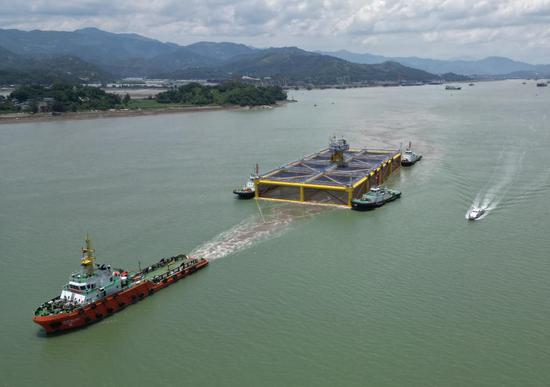


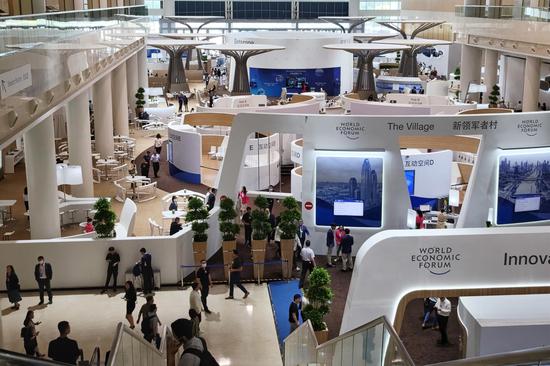



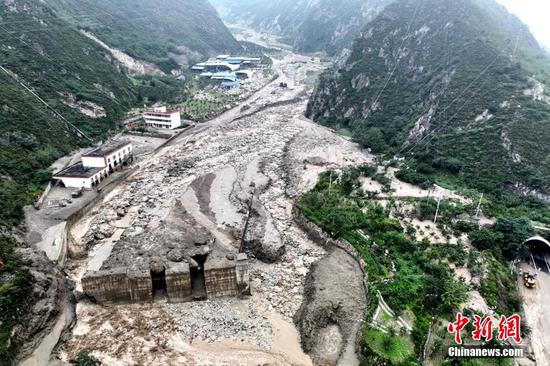


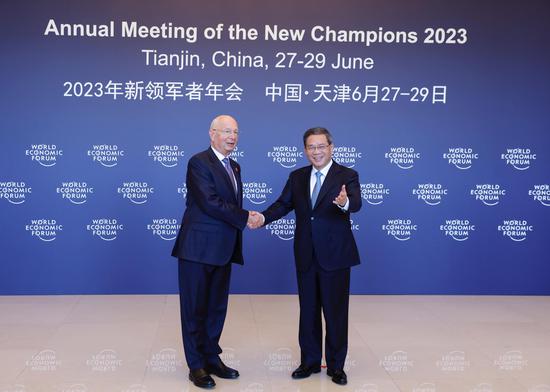
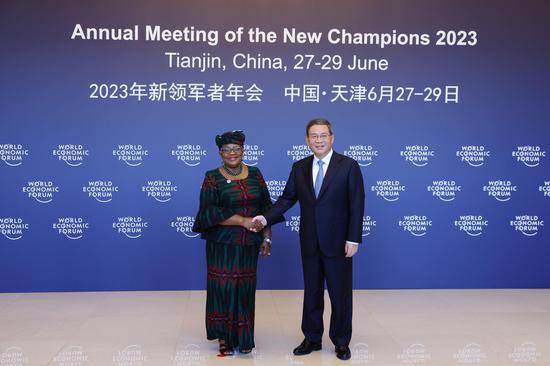

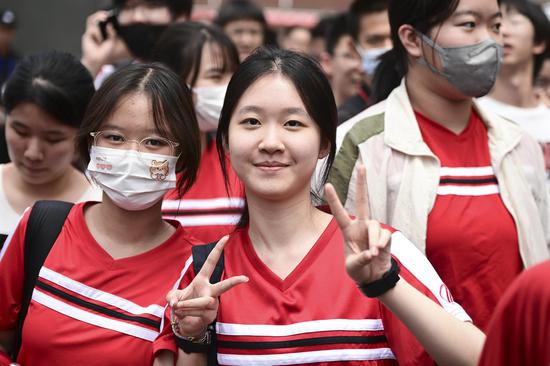
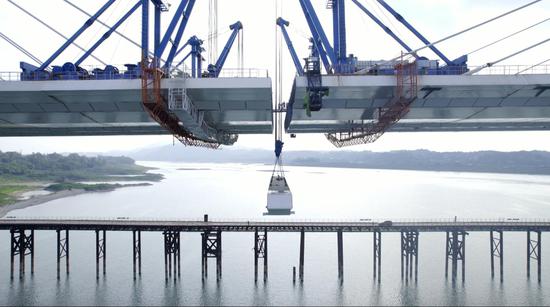
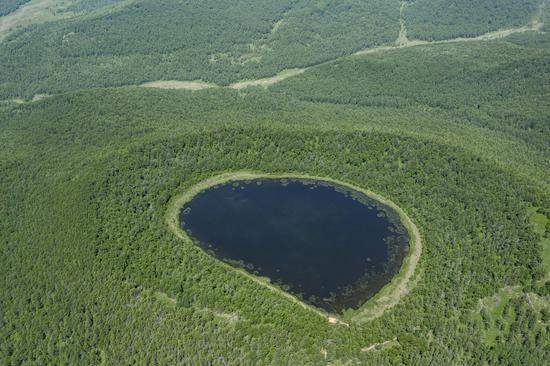

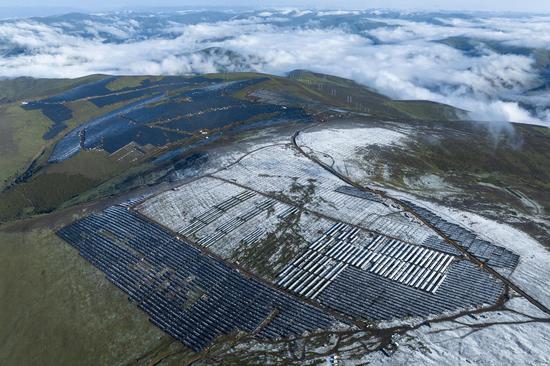
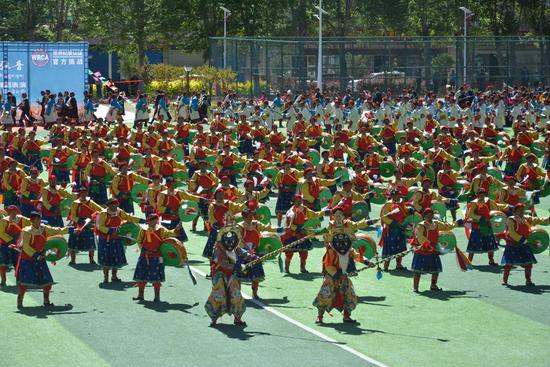
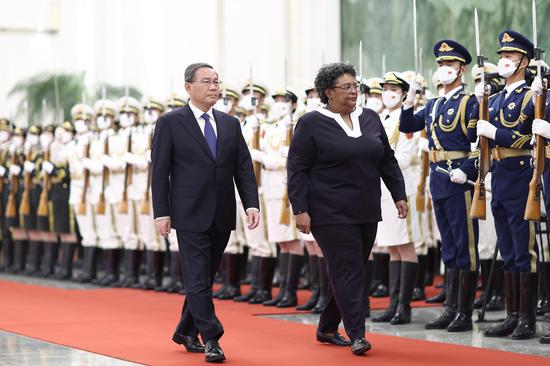
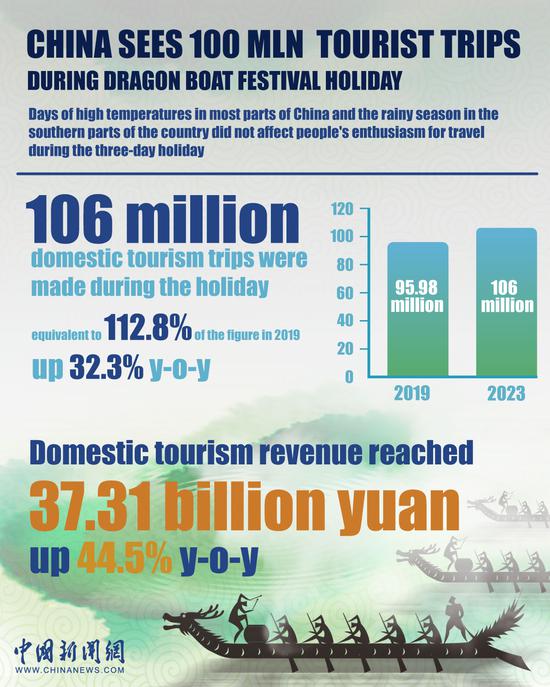
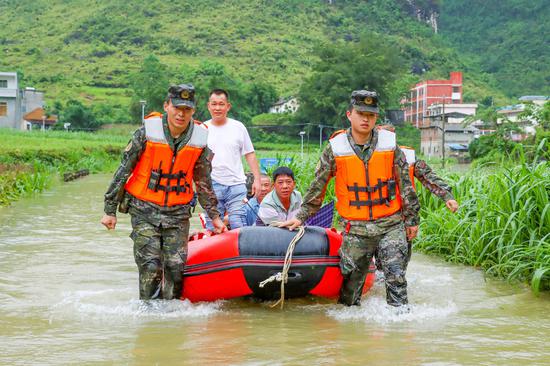



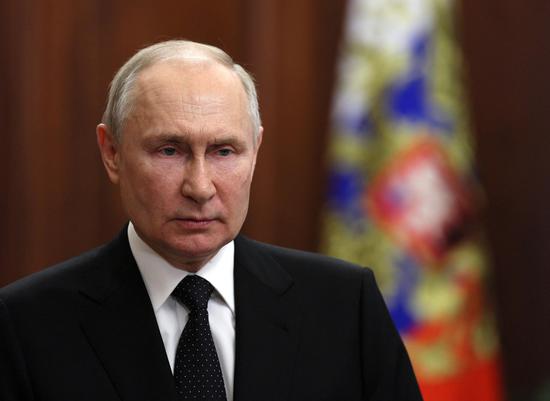









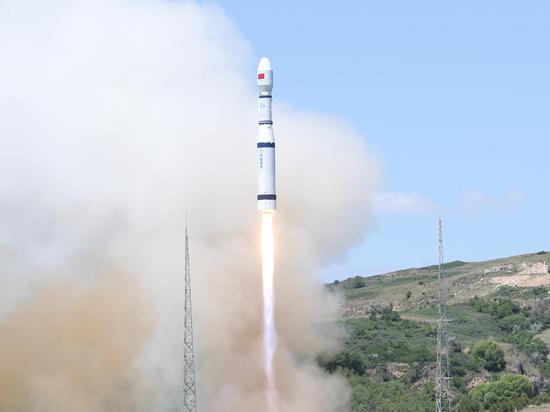


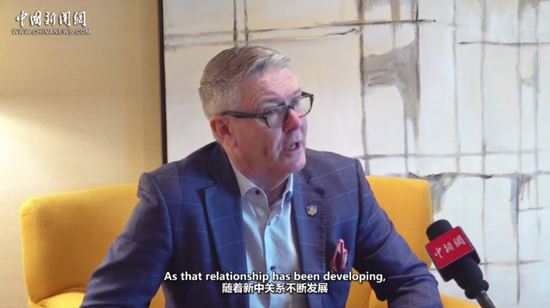



 京公网安备 11010202009201号
京公网安备 11010202009201号